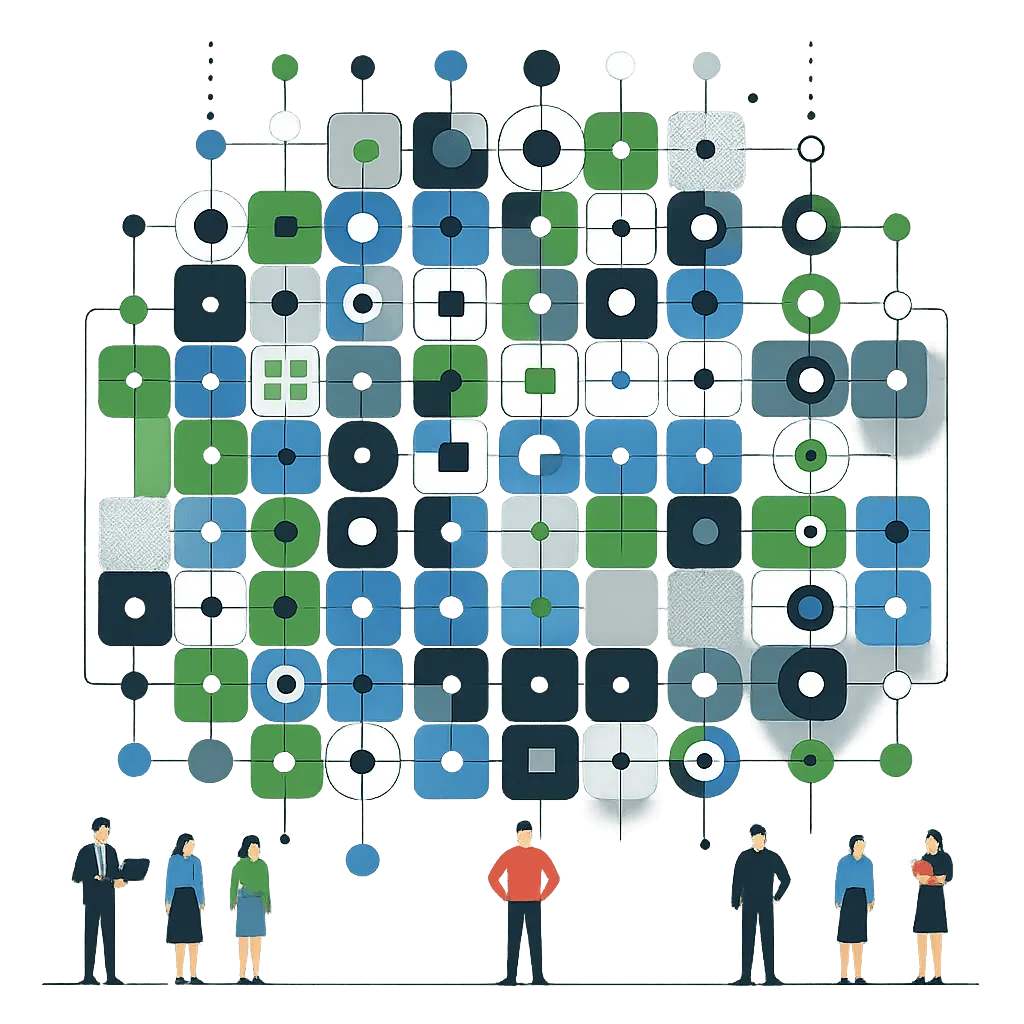Application Portfolio Rationalisation
Eliminate redundancies, reduce costs, and align technology investments with business strategy with proven frameworks.


Transform your application landscape using proven frameworks like Gartner's TIME quadrant. Eliminate redundancies, optimise costs, and align your portfolio with strategic business objectives through systematic application lifecycle management.
Application portfolio rationalisation is the systematic evaluation and optimisation of your organisation's application landscape. By applying strategic frameworks like Gartner's TIME (Tolerate, Invest, Migrate, Eliminate) quadrant, organisations can make data-driven decisions about which applications to retain, enhance, replace, or retire.
This process goes beyond simple cost-cutting—it's about aligning your technology investments with business strategy, improving operational efficiency, and creating a foundation for digital transformation initiatives.
Organisations typically reduce IT costs by 15-30% and improve application performance by 40% through effective portfolio rationalisation, while simultaneously reducing security risks and compliance overhead.

The TIME quadrant provides a structured approach to application portfolio decisions, categorising applications based on business value and technical quality.
Keep applications that provide business value but have technical limitations. Maintain minimal investment while monitoring for replacement opportunities.
High-value applications with good technical quality deserve continued investment. Enhance features, improve performance, and expand capabilities.
Applications providing business value but with technical debt. Plan migration to modern platforms or cloud-native alternatives.
Low-value applications with poor technical quality should be retired. Develop sunset plans and migrate users to better alternatives.
A systematic approach to managing applications through every stage of the rationalisation process.
Catalogue your application portfolio, assess business value, technical quality, and lifecycle stage. Identify dependencies, costs, and risks across your entire landscape.
Apply frameworks like TIME quadrant to categorise applications. Develop roadmaps that align application evolution with business strategy and modernisation goals.
Implement rationalisation decisions with clear timelines and success metrics. Continuously monitor application performance and business value delivery.
Manual application portfolio management using spreadsheets and documents becomes unwieldy as organisations scale. Purpose-built tools provide the structure, automation, and insights needed for effective rationalisation.
Maintain a single source of truth for all application data, including technical specifications, business relationships, costs, and lifecycle information. Eliminate data silos and inconsistencies.
Generate TIME quadrant analyses, cost optimisation reports, and dependency maps automatically. Save hundreds of hours compared to manual assessment processes.
Engage business users, IT teams, and executives through intuitive interfaces. Collect feedback, validate assessments, and build consensus around rationalisation decisions.
Identify security vulnerabilities, compliance gaps, and technical debt across your portfolio. Make informed decisions about application retirement and modernisation priorities.
Reduce rationalisation project timelines from months to weeks. Built-in templates, workflows, and best practices guide you through proven methodologies.
Monitor cost savings, performance improvements, and business value delivery in real-time. Demonstrate the impact of your rationalisation initiatives to stakeholders.
Modern application rationalisation tools prioritise ease of use without sacrificing enterprise capabilities. Get started quickly and scale as your needs evolve.
Start with pre-built templates and import existing data. No complex configuration required—be productive from day one.
Business users and technical teams can collaborate seamlessly with drag-and-drop interfaces and guided workflows.
Connect with existing tools and data sources. Extend your current processes rather than replacing them entirely.
Real results from organisations that have implemented strategic application portfolio rationalisation.
Start your application rationalisation journey with a free trial. Experience how the right tools can accelerate your portfolio optimisation efforts.
No credit card required • 14-day free trial • Setup in minutes